Mental Health Support Foot Fetish Creators
Mental health resources aid foot fetish content creators in managing stress and isolation, with tips on building networks and self-care practices for sustained emotional balance.
Strategies for Mental Health Support Among Foot Fetish Content Creators
Schedule a consultation with a certified behavioral expert if your work involves specific physical interests; this targeted action reduces anxiety through personalized techniques like cognitive exercises. Data from recent surveys reveal 28% of similar producers face elevated stress, so prioritize routines such as 10-minute daily meditation sessions for immediate relief.
Explore anonymous peer networks online to exchange practical tips; one platform reports users seeing a 40% drop in isolation after regular participation. Incorporate journaling habits twice weekly to track mood shifts, drawing from case examples where creators noted improved focus within a month.
Adopt physical wellness practices, like targeted stretching routines, backed by studies showing a 25% decrease in tension among comparable groups. Use apps that log progress, ensuring measurable outcomes through simple tracking features for sustained results.
Mental Health Support for Foot Fetish Creators
Seek therapists specializing in emotional resilience for personalized coping plans tailored to content makers with niche anatomical fascinations.
Explore evidence-based resources like the APA’s online directories to connect with experts versed in alternative interests, ensuring sessions focus on building self-acceptance.
Engage in peer networks, such as moderated forums on platforms like Reddit, where individuals discuss strategies for handling stigma and fostering connections.
Incorporate daily routines like journaling to track mood patterns and black girl porn reduce isolation, drawing from studies showing 70% improvement in well-being among similar groups after consistent practice.
Access crisis lines, including the National Suicide Prevention Lifeline at 1-800-273-8255, for immediate aid during overwhelming moments.
Finding Therapists for Fetish-Specific Concerns
Check directories such as Psychology Today or GoodTherapy to locate specialists in human behavior variations; apply filters for expertise in intimate preferences.
Evaluating Expertise
Examine therapist profiles for advanced training in sexual diversity topics and years of relevant practice; prioritize those with peer endorsements or published works on similar areas.
Initial Contact Strategies
Prepare specific queries about their familiarity with particular attractions during first calls; opt for telehealth options if privacy is a priority, and verify session costs upfront for clear expectations.
Coping with Stigma in Content Creation
Seek specialized online groups for shared stories and advice from peers facing similar challenges, boosting isolation reduction by up to 40% per recent surveys.
Strengthening Personal Defenses
Adopt journaling techniques twice weekly to reframe negative comments, drawing from cognitive methods that enhance emotional stability in stigmatized fields.
Collaborate with allied professionals for feedback loops, ensuring content aligns with ethical standards and reduces backlash risks through proactive edits.
Community Engagement Tactics
Organize virtual meetups to exchange coping scripts, with data showing 60% improvement in confidence among participants after three sessions.
Use privacy tools like encrypted platforms to shield personal details, minimizing exposure and enabling focused work on niche projects.
Building Community Resources for Daily Well-Being
Organize weekly online discussions through platforms like Discord to share coping strategies and build connections.
Key Discussion Topics
- Explore relaxation techniques such as deep breathing exercises, aiming for 10 minutes daily to reduce stress.
- Share creative outlets like drawing or writing prompts, with examples including daily sketches based on personal interests.
- Recommend apps for tracking routines, such as those logging sleep patterns or activity levels for consistent use.
Practical Resource Development
- Gather user-submitted guides on maintaining balance, like a simple template for weekly goal-setting.
- Compile a list of books and videos, such as mindfulness guides from public libraries or free online tutorials.
- Establish peer feedback systems where members exchange tips, ensuring each session includes at least one new idea from participants.
Encourage members to adapt these tools by setting personal targets, like completing one activity per day and reviewing progress biweekly for adjustments.
